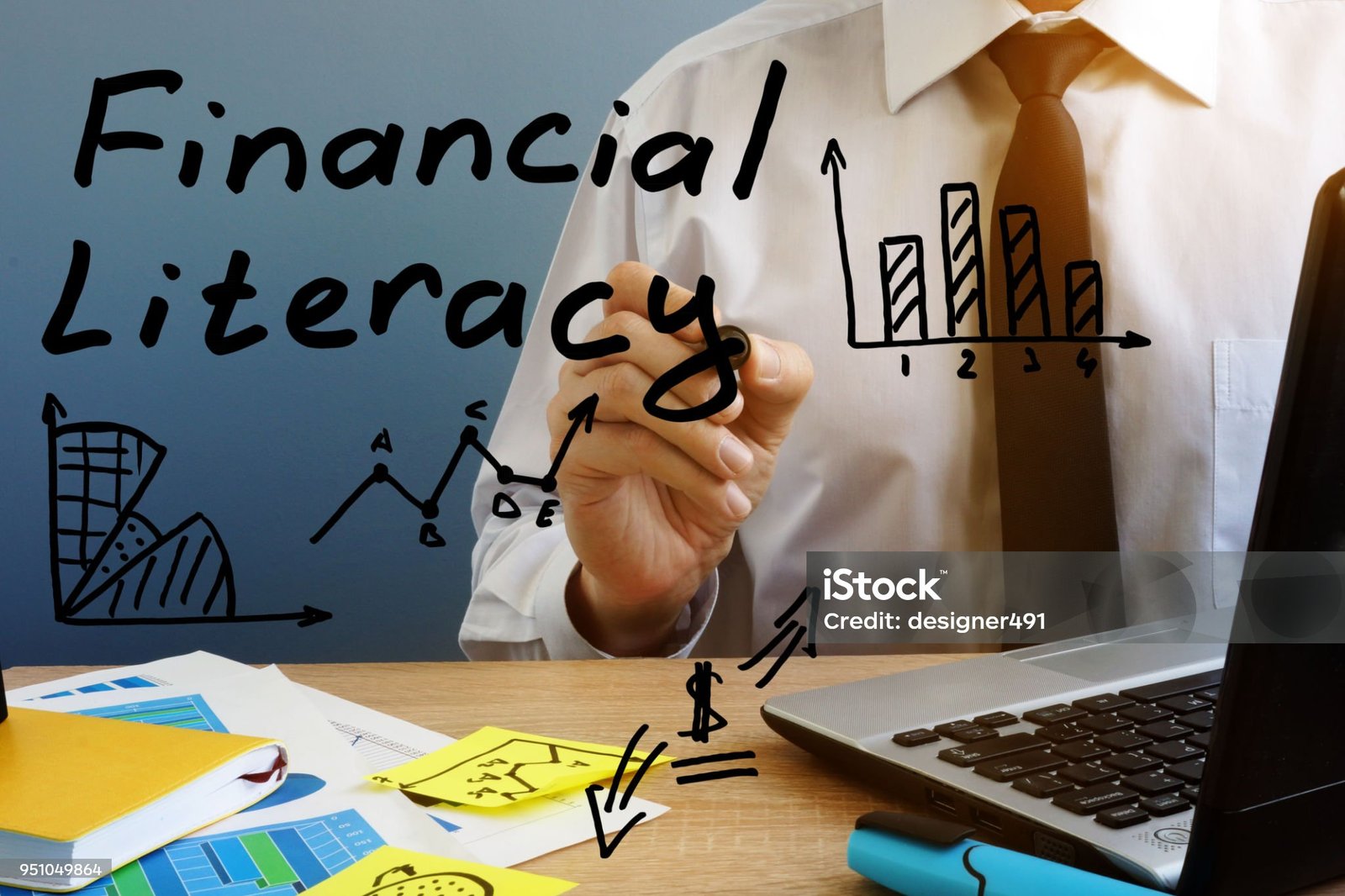Factors Affecting Student Loan Interest Rates

If you’ve ever taken out a student loan, then you already know how important interest rates are. They are an essential part of the financial landscape and can make a big difference in the long term. If you’re thinking about taking out a student loan or refinancing one that you already have, knowing what factors influence the average student loan interest rate will help you pick an option that’s right for your situation.
A fixed interest rate
A fixed interest rate is a great option for borrowers who plan to pay off their loans quickly. However, if you have little tolerance for risk and want your monthly payment to stay consistent with the market, a fixed interest rate may be best.
The loan type you choose
- Federal loans are loans that the federal government issues and they have fixed interest rates.
- Private companies issue private loans, and their interest rates fluctuate.
- Consolidation is when you combine all of your federal student loans into one loan. This enables you to take advantage of the weighted average interest rate (WALR) of all your federal student loans, which can result in lower monthly payments than having many separate loans.
- Forbearance allows you to temporarily stop making payments on your loan while still accruing interest on it until it’s due again; this is typically used if you experience financial hardship or unemployment during repayment periods.
- Deferment allows borrowers to postpone repayment of their debt without any penalty other than accruing additional interest until their deferment period ends.
The repayment plan you choose
Your monthly payment amount also affects your interest rate and total cost of debt. The more you pay each month, the less interest you’ll pay over time, but if your income is lower than expected or if you have other debt payments to make, it might be a good idea to reduce your monthly payment amount so that you don’t get overwhelmed with extra bills each month.
A variable interest rate
Variable interest rates can be a little trickier. They depend on the prime rate set by the Federal Reserve, which determines the minimum interest rate banks have to charge their most creditworthy customers: large corporations and other businesses with access to lots of money.
The prime rate is also often used as a reference point for adjustable rate mortgages (ARMs), so when it changes, your ARM will change too. If you’re considering refinancing an ARM loan with another bank or lender to reduce your monthly payments and save money on interest payments each month, check if that lender offers any fixed-rate loans instead of ARMs before applying for them. As per Lantern by SoFi experts, “The average student loan interest rate, federal and private, of 5.8% in 2022 is historically quite low.”
Your credit history
Your credit history is one of the main factors affecting your student loan interest rate. If you have a good credit history, then you can get lower interest rates on your student loans than someone with a poor or limited credit history. Credit history is one of many factors that affect rates. However—your income and family size are also important considerations when determining what rate you’ll pay. With the student loan interest rate fluctuating, it’s essential to know what you’re getting into before signing on the dotted line if you have any questions about your loan, contact experts who can help you! They can help you decide if it’s right for your situation and walk through the application process so that it feels manageable.








